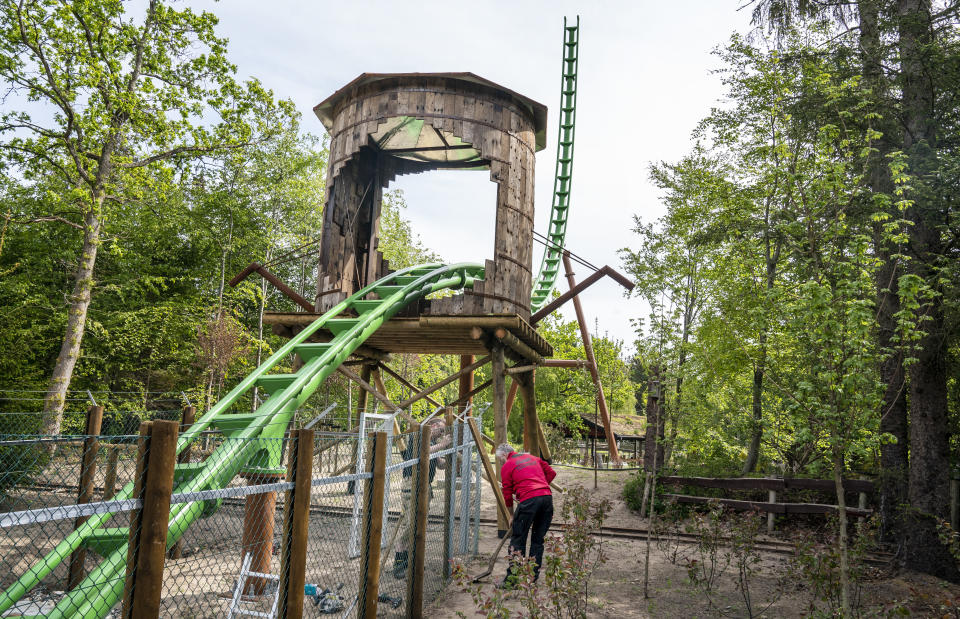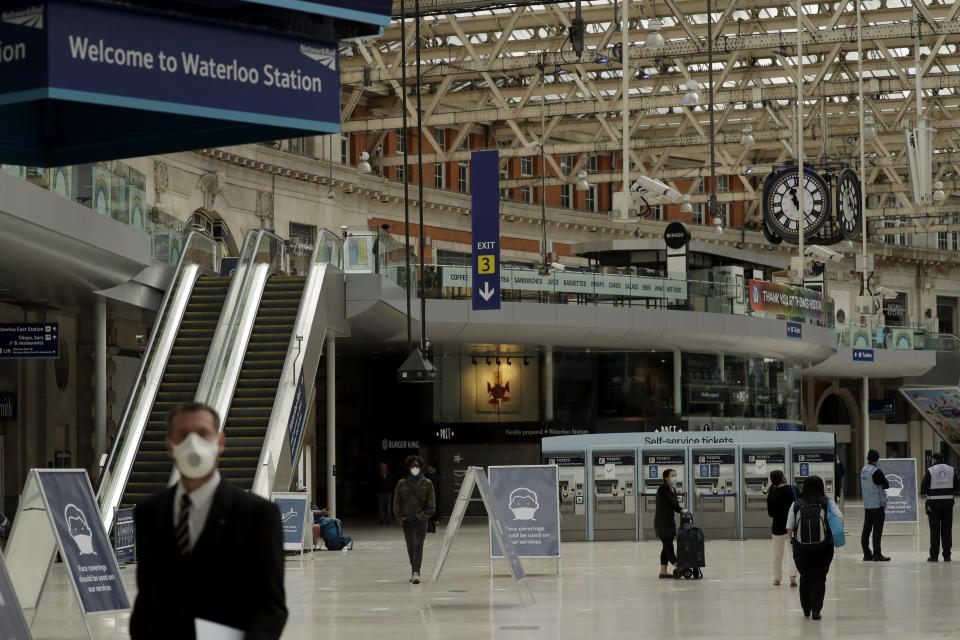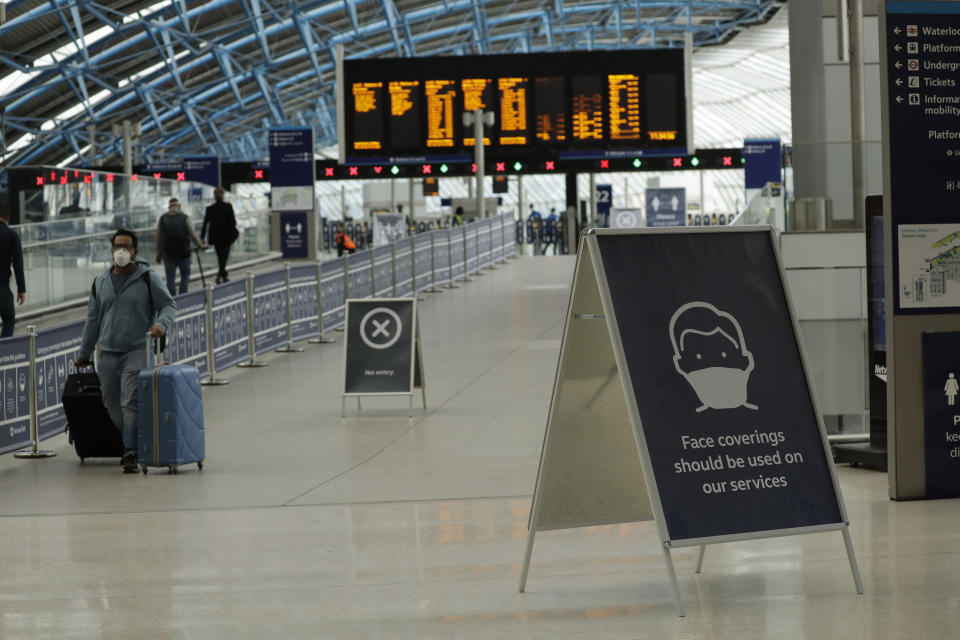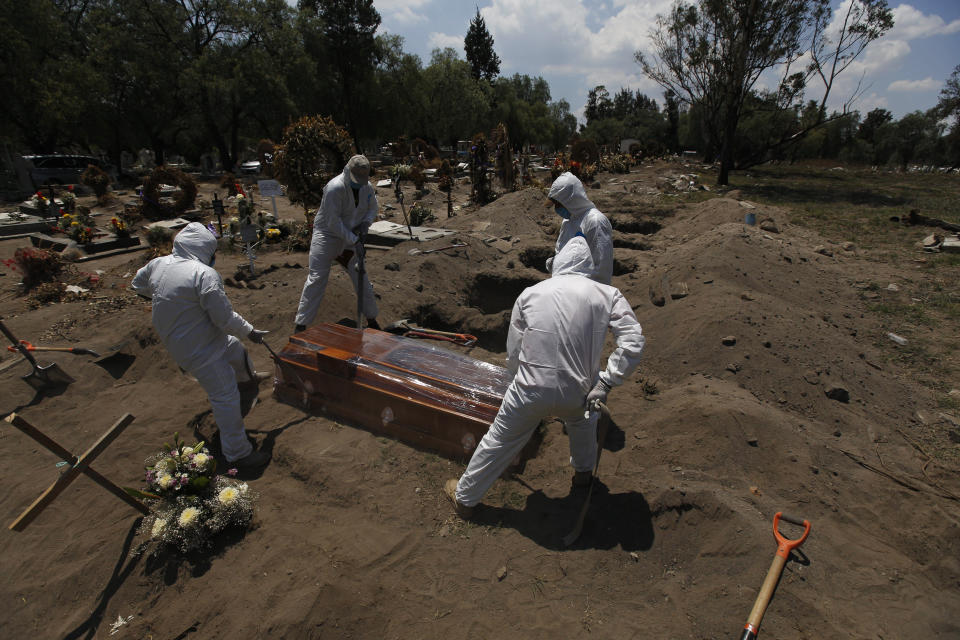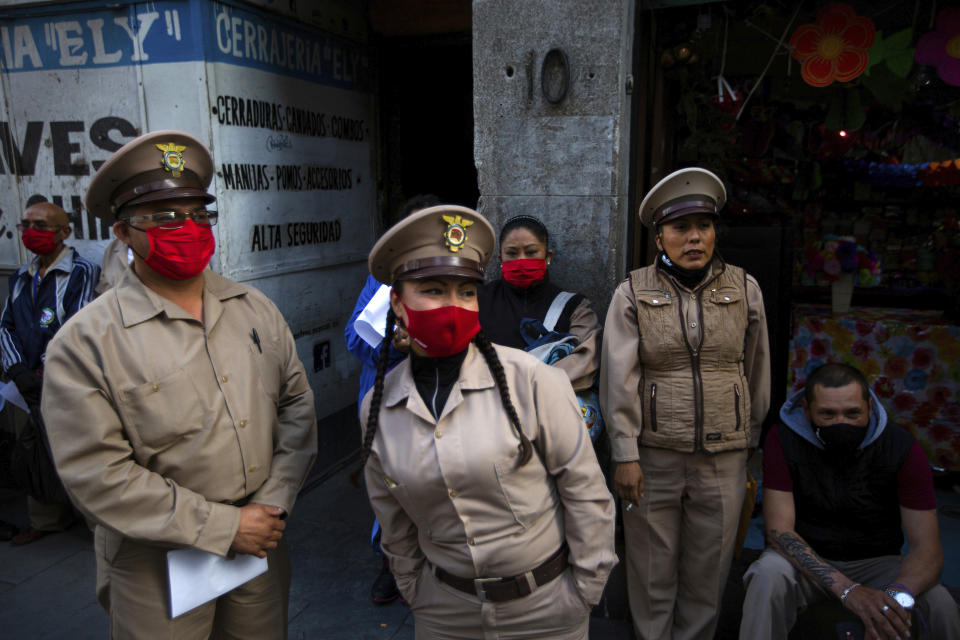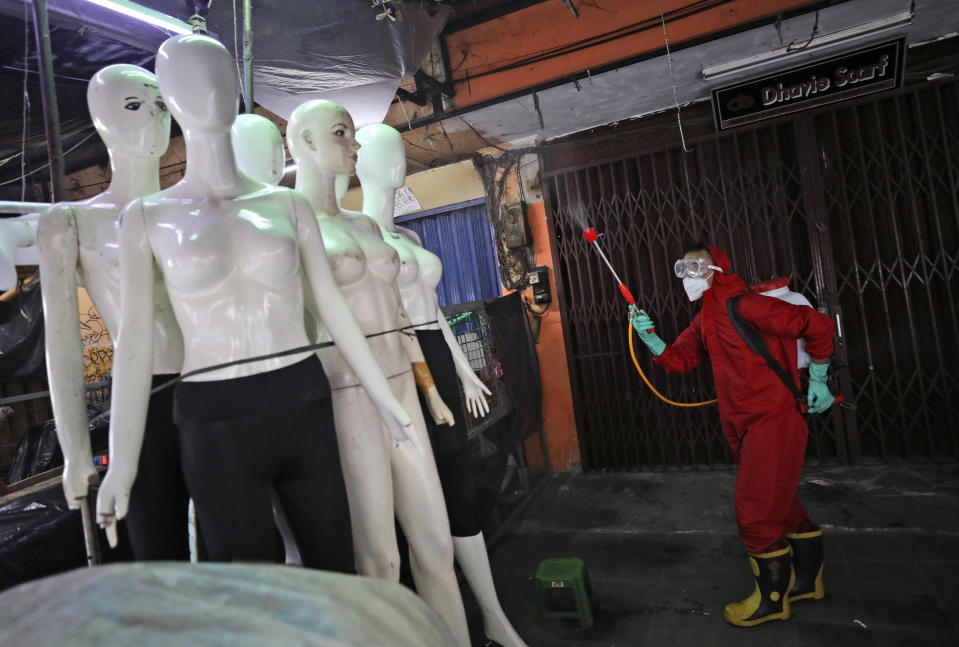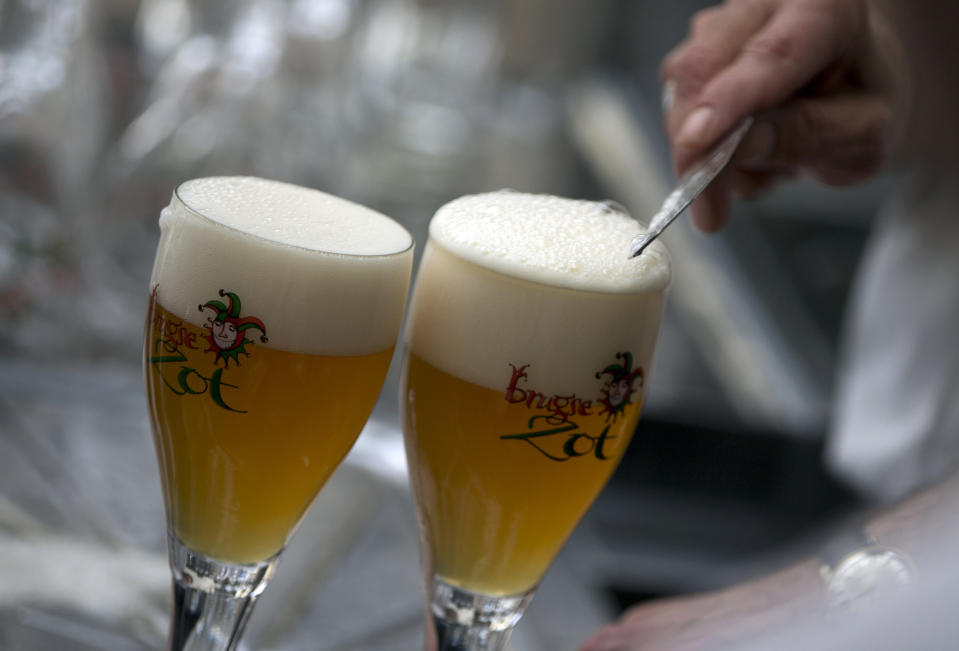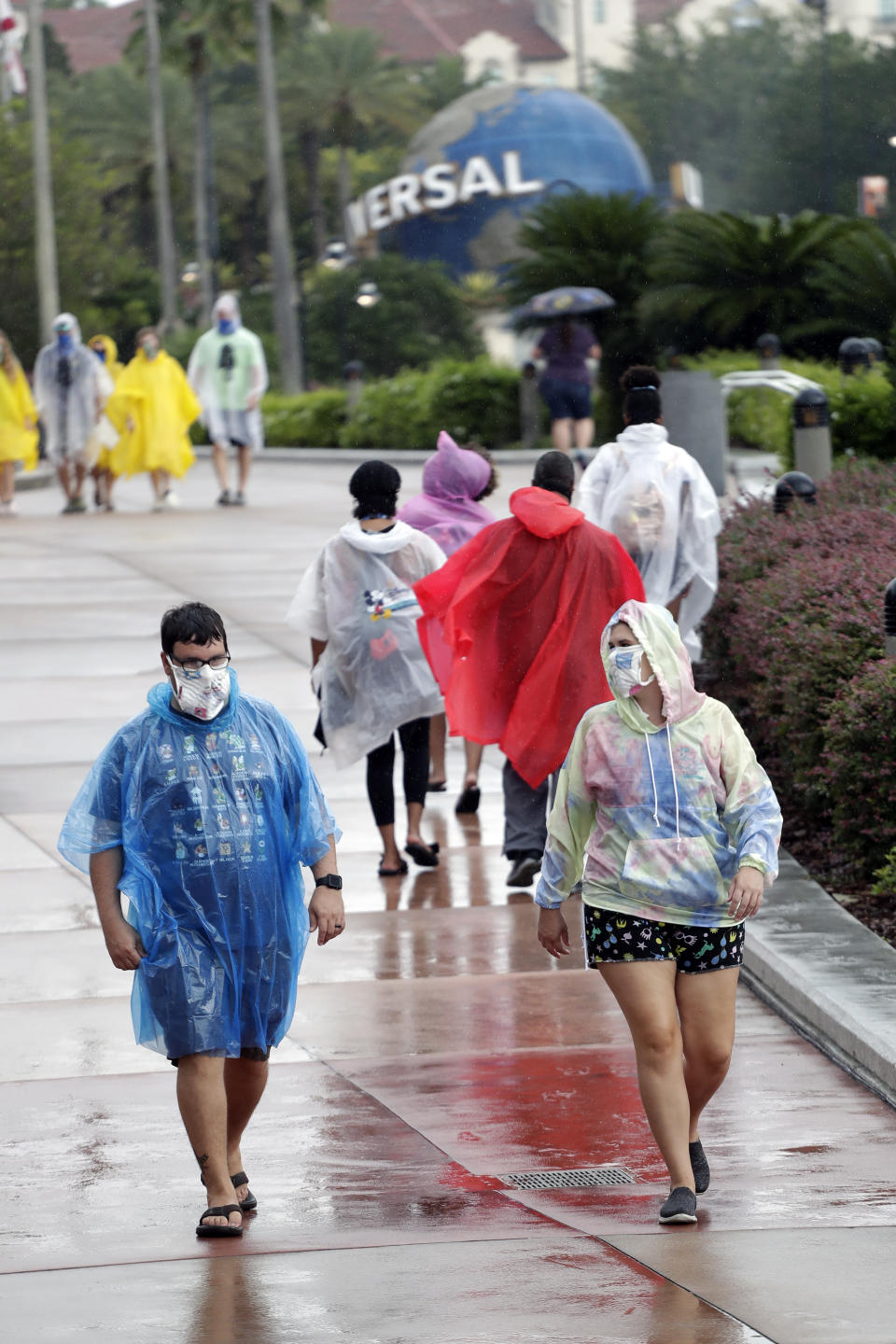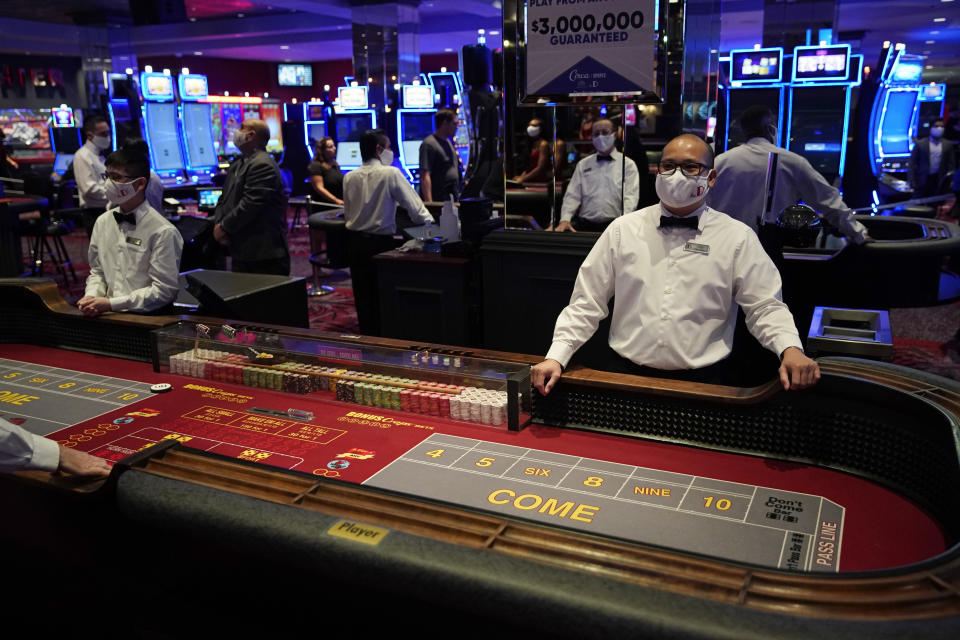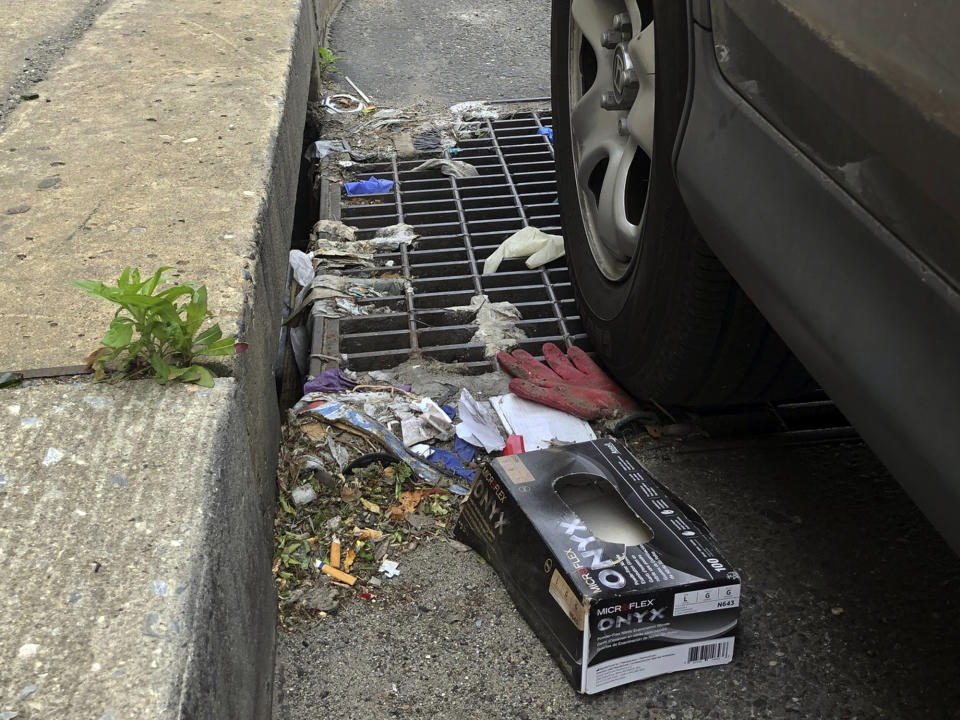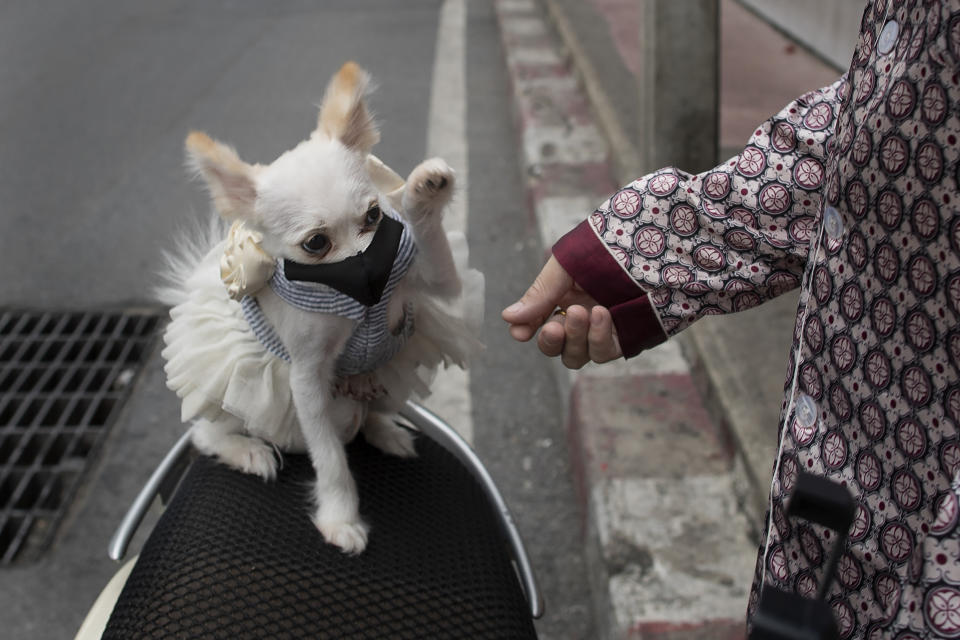What you need to know today about the virus outbreak
The United Nations is among organizations urging companies to create a “people's vaccine” for COVID-19 that would be free to everyone once one is developed.
Meanwhile, in Europe, German auto sales are slumping and France is changing its traditional Bastille Day military parade on the Champs-Elysees avenue to a ceremony honoring health care workers as well. Thousands of participants and guests at the July 14 ceremony on the Place de la Concorde square will be requested to keep physical distance from one another.
___
Here are some of AP’s top stories Thursday on the world’s coronavirus pandemic. Follow APNews.com/VirusOutbreak for updates through the day and APNews.com/UnderstandingtheOutbreak for stories explaining some of its complexities.
WHAT’S HAPPENING TODAY:
— There were no additional cases of the new coronavirus reported from the crowded pool parties at Missouri’s Lake of the Ozarks over the Memorial Day weekend, according to the state director of the Department of Health and Senior Services. The gathering drew attention because of many people close together in a small space.
— Mexican President Andrés Manuel López Obrador asked the country to remain calm a day after health officials announced more than 1,000 new COVID-19 deaths, a figure that was more than double the previous toll reported in a single day.
— A malaria drug President Donald Trump took to try to prevent COVID-19 proved ineffective for that in the first large, high-quality study to test it in people in close contact with someone with the disease. Results published by the New England Journal of Medicine show that hydroxychloroquine was no better than placebo pills at preventing illness from the coronavirus.
— Nearly 1.9 million people applied for U.S. unemployment benefits last week, the ninth straight decline since applications spiked in mid-March, a sign that the gradual reopening of businesses has slowed the pace of layoffs.
— Emergency room visits in the U.S. for chest pain and heart attacks fell early this spring, according to a study that supports fears that the coronavirus outbreak scared away people from going to the hospital. The Centers for Disease Control and Prevention reports visits were up for respiratory illnesses and pneumonia, but were down for nearly every other kind of injury or ailment.
— In Nevada, the casino coronavirus closure has ended. Cards are being dealt, dice are rolling and slot machines flashed and jingled for the first customers who started gambling again early Thursday in Las Vegas and throughout the state. Hotel-casinos in suburban areas were first to open, followed later by a restart of the iconic Bellagio fountain and reopenings of several resorts on the Las Vegas Strip.
___
WHAT YOU NEED TO KNOW:
For most people, the coronavirus causes mild or moderate symptoms, such as fever and cough that clear up in two to three weeks. For some, especially older adults and people with existing health problems, it can cause more severe illness, including pneumonia and death. The vast majority of people recover.
Here are the symptoms of the virus compared with the common flu.
One of the best ways to prevent spread of the virus is washing your hands with soap and water. The U.S. Centers for Disease Control and Prevention recommends first washing with warm or cold water and then lathering soap for 20 seconds to get it on the backs of hands, between fingers and under fingernails before rinsing off.
You should wash your phone, too. Here’s how.
TRACKING THE VIRUS: Drill down and zoom in at the individual county level, and you can access numbers that will show you the situation where you are, and where loved ones or people you’re worried about live.
___
ONE NUMBER:
— 168,000: That's how many cars were registered in Germany last month, down 50% from a year earlier, according the German Association of the Automotive Industry.
IN OTHER NEWS:
— DON'T FLUSH: Around the country, officials are warning people to be careful not to flush COVID-19 protective items like masks, wipes and gloves because they can clog wastewater pumping facilities. Philadelphia issued such a notice this week, following other cities and communities and the U.S. Environmental Protection Agency.
— HELPY HOUR: Belgium is introducing “Helpy Hour” when its bars and restaurants reopen next week following their closure 2 1/2 months ago when the pandemic hit. Belgian beer lovers are being asked to buy one drink for the price of two to support those establishments.
___
Follow AP coverage of the virus outbreak at https://apnews.com/VirusOutbreak and https://apnews.com/UnderstandingtheOutbreak
